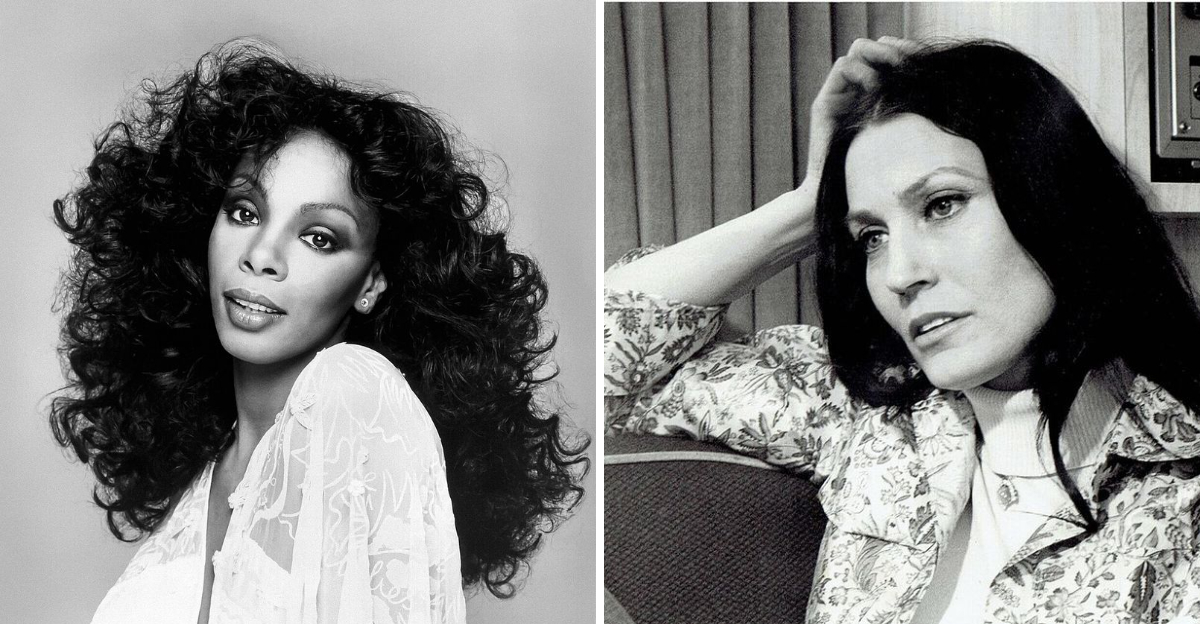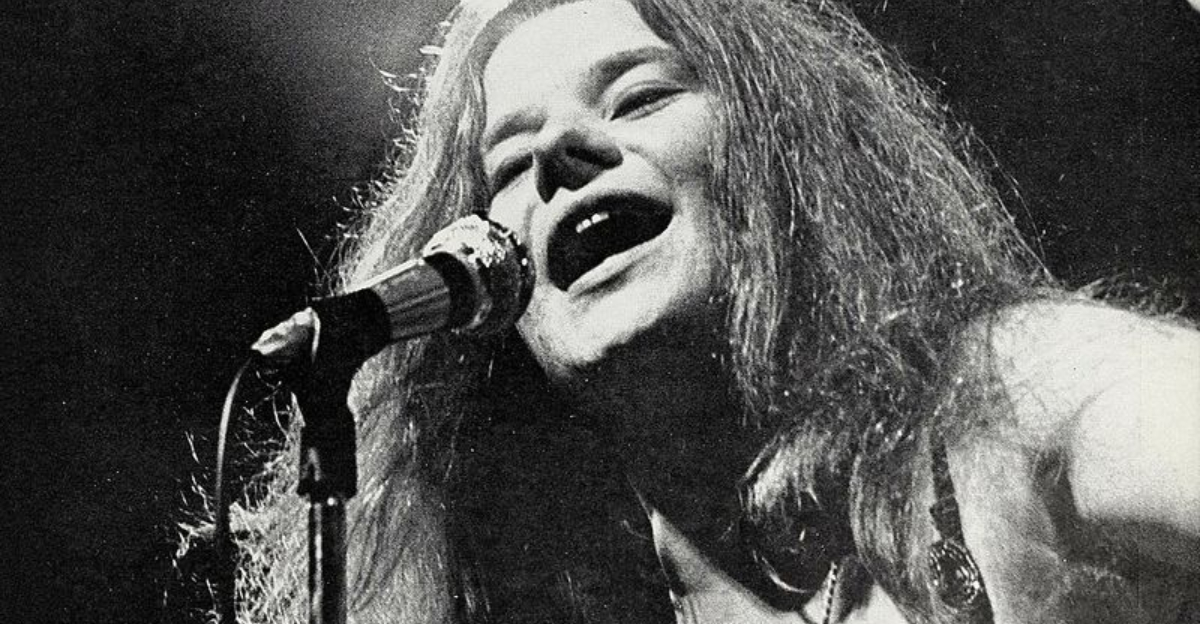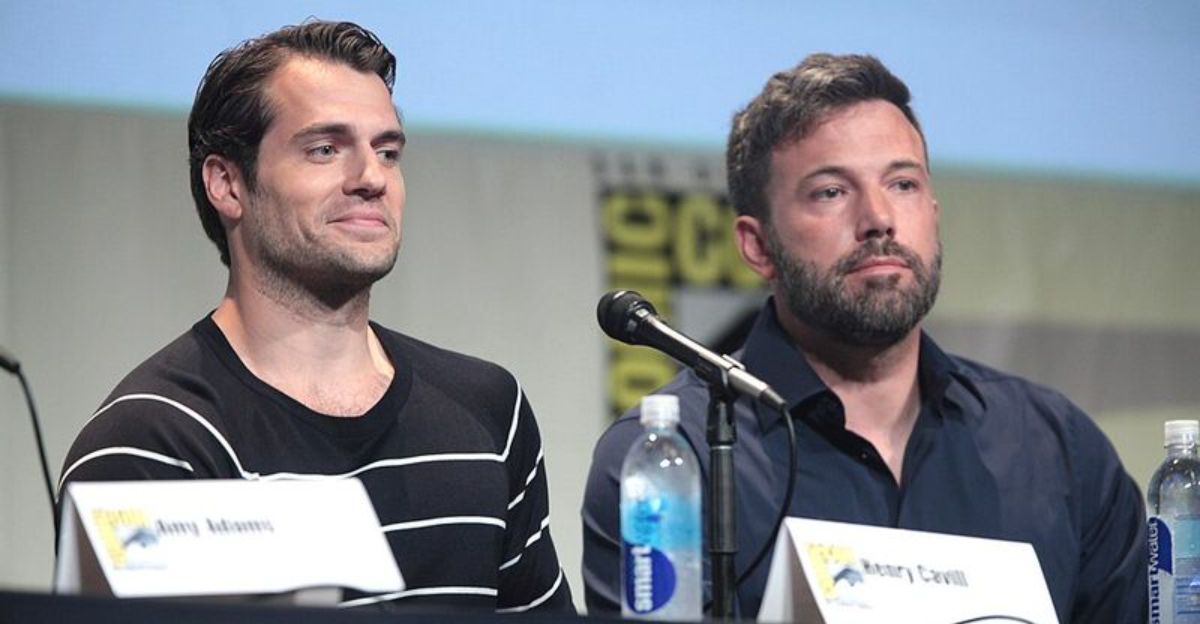16 Incredible ’80s Albums That Never Got The Spotlight They Deserved
Music in the 1980s wasn’t just about synth-pop hits and arena rock anthems.
Beneath the glittery surface of mainstream success, dozens of brilliant albums quietly slipped through the cracks, never receiving the recognition they truly earned.
Prepare to discover 16 extraordinary records that history nearly forgot.
1. Avalon by Roxy Music
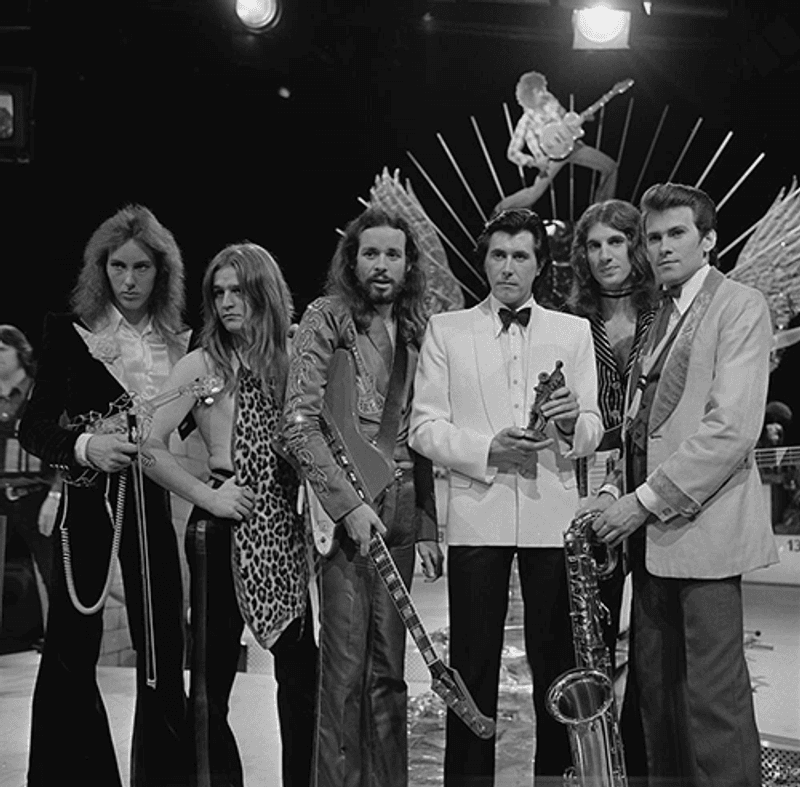
When sophistication meets electronic innovation, magic happens.
Bryan Ferry and his bandmates crafted something extraordinarily smooth here, blending art-rock elegance with dreamy synthesizers that sound like velvet.
Critics loved it, but radio stations mostly ignored its subtle brilliance.
The title track alone deserves legendary status, floating through seven minutes of pure atmospheric perfection that influenced countless artists who came after.
2. Ocean Rain by Echo & The Bunnymen
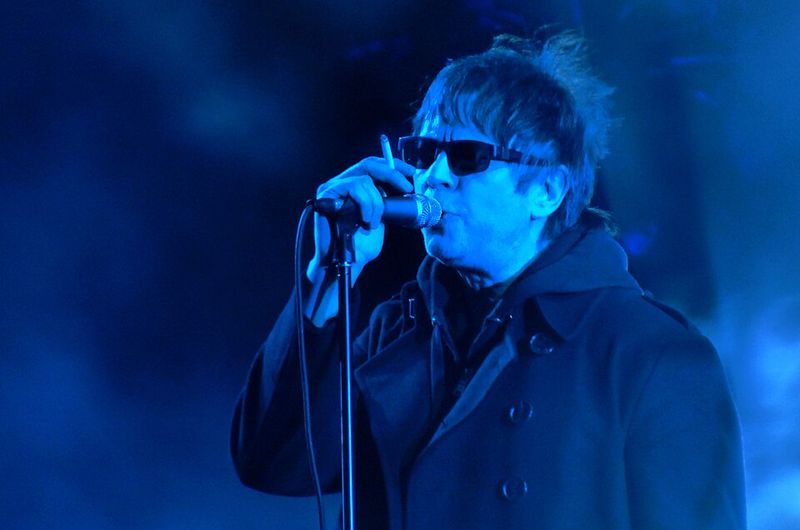
Liverpool’s finest delivered their most ambitious work with strings, drama, and Ian McCulloch’s haunting vocals leading the way.
Recording in Paris added a certain grandeur that makes every track feel cinematic and important.
Songs like “The Killing Moon” achieved some recognition, but the entire album deserves worship as a complete artistic statement.
It’s romantic without being cheesy, dark without feeling depressing—a rare balance few bands ever achieve.
3. Secrets of the Beehive by David Sylvian
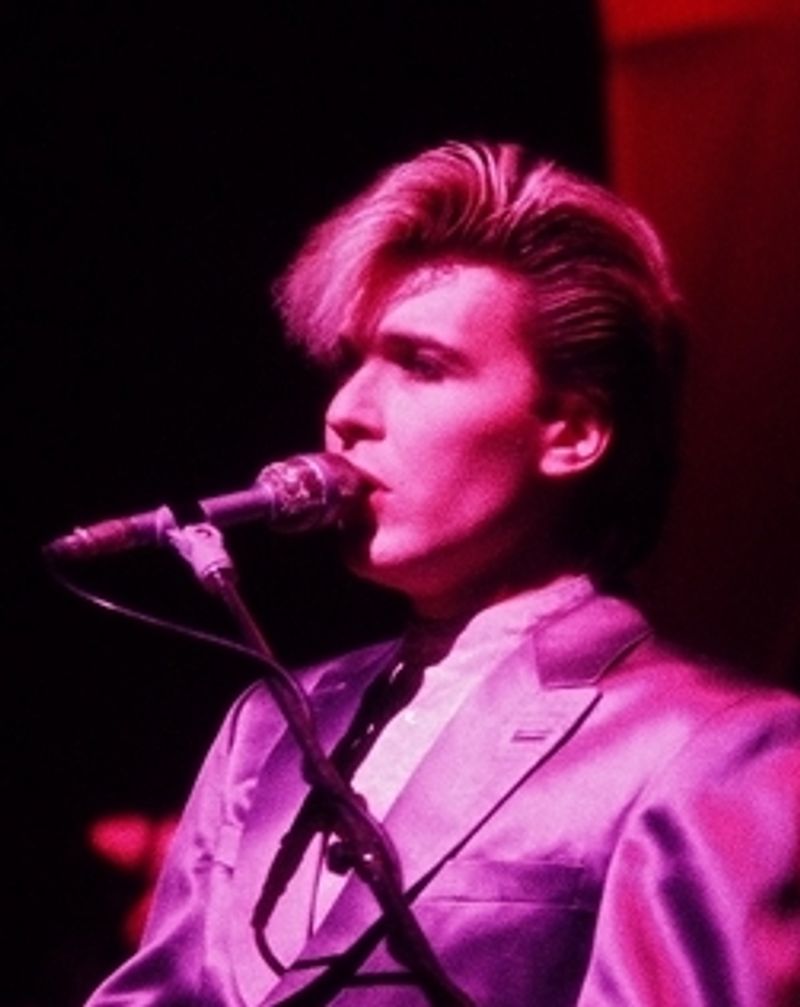
After leaving Japan behind, Sylvian created something breathtakingly intimate and sparse. His whispered vocals float over delicate arrangements that feel like late-night conversations with your deepest thoughts.
Jazz influences blend with ambient textures, creating music that demands your full attention and patience.
Commercial radio had no idea what to do with something this quietly beautiful, so they simply ignored it, which remains a tragedy for adventurous listeners everywhere.
4. Scary Monsters (and Super Creeps) by David Bowie
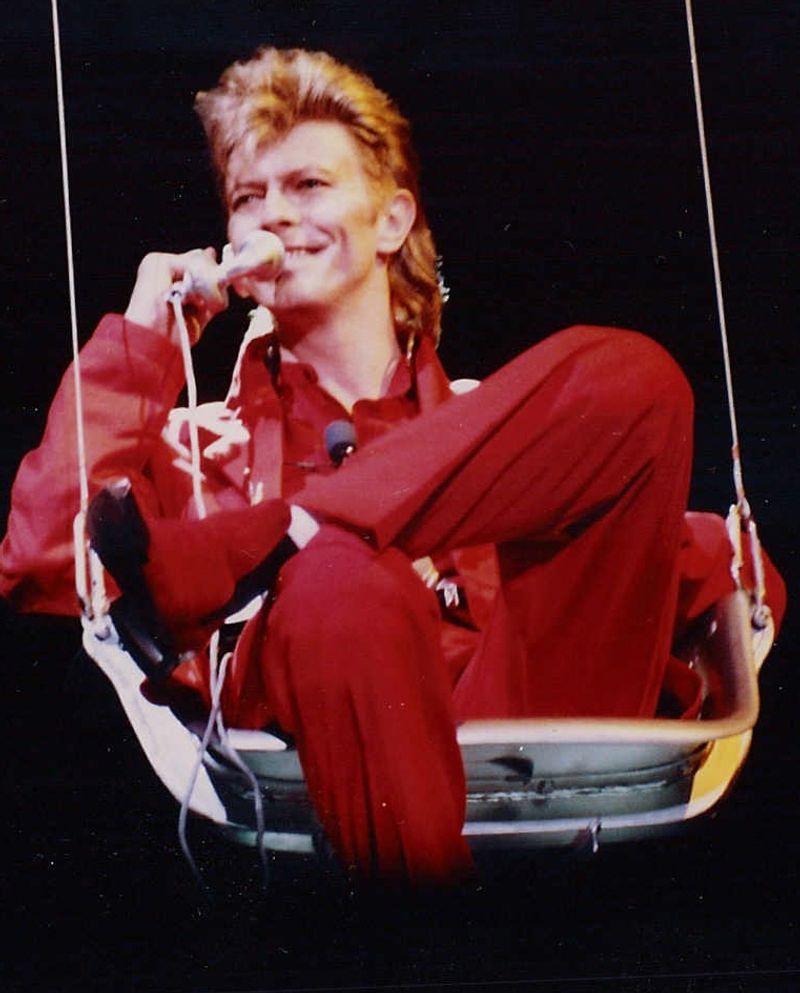
Yes, Bowie made this, but it still got overshadowed by his earlier glam-era work and later mainstream comeback. Angular guitars clash with unsettling lyrics about modern anxiety and urban paranoia.
Robert Fripp’s guitar work adds jagged edges that make everything feel dangerous and unpredictable.
While “Ashes to Ashes” became a hit, the album’s darker corners reveal Bowie at his most creatively restless, pushing boundaries most artists wouldn’t dare approach.
5. Cupid & Psyche 85 by Scritti Politti
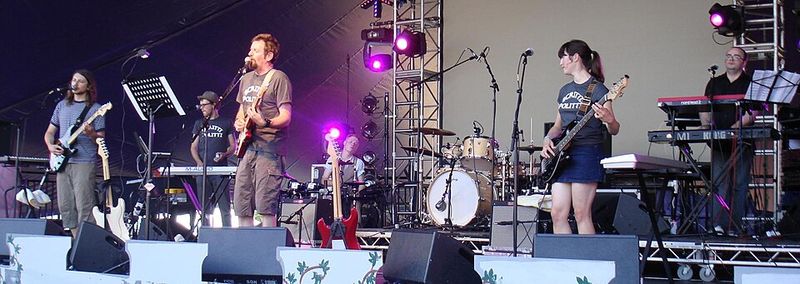
Green Gartside transformed his post-punk project into something impossibly smooth and sophisticated. Funky basslines meet pristine production that sounds like pop music designed by philosophy professors.
Every note feels carefully considered, yet the songs never lose their groove or warmth.
American audiences mostly missed this British treasure, which combined intellectual lyrics with irresistibly catchy melodies that deserved much wider recognition and appreciation from listeners everywhere.
6. The Dreaming by Kate Bush
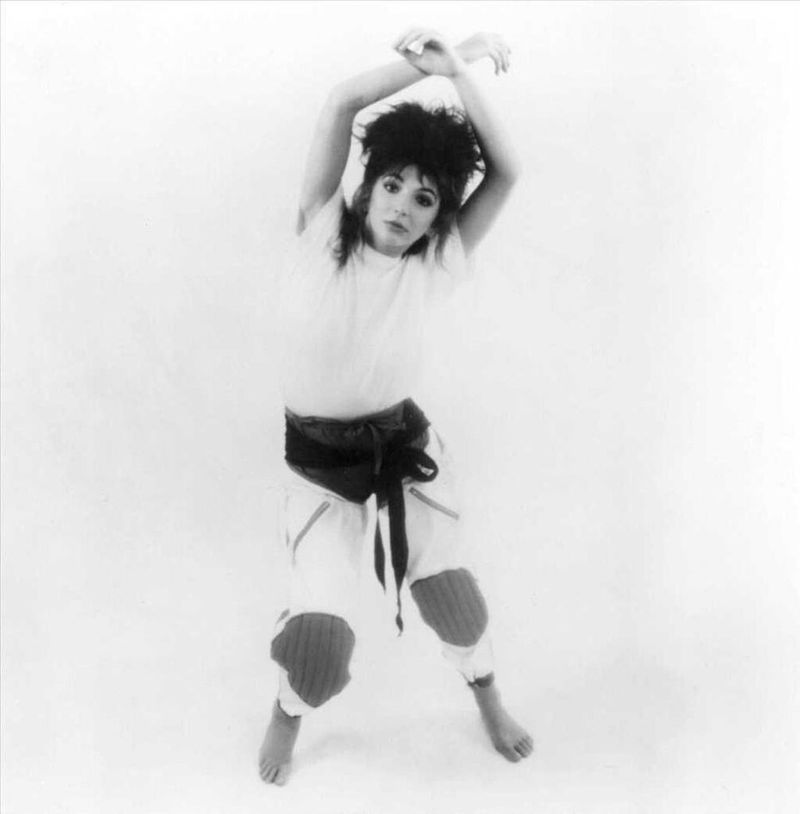
Before “Hounds of Love” made her a household name, Kate created this wild, experimental explosion of sound.
Tribal rhythms, strange instruments, and her most adventurous vocal performances collide in glorious chaos.
Critics were confused, fans were divided, but time has revealed its genius clearly.
She took complete creative control and pushed herself into uncharted territory, creating something that still sounds unlike anything else in her catalog or anyone’s.
7. Nothing’s Shocking by Jane’s Addiction
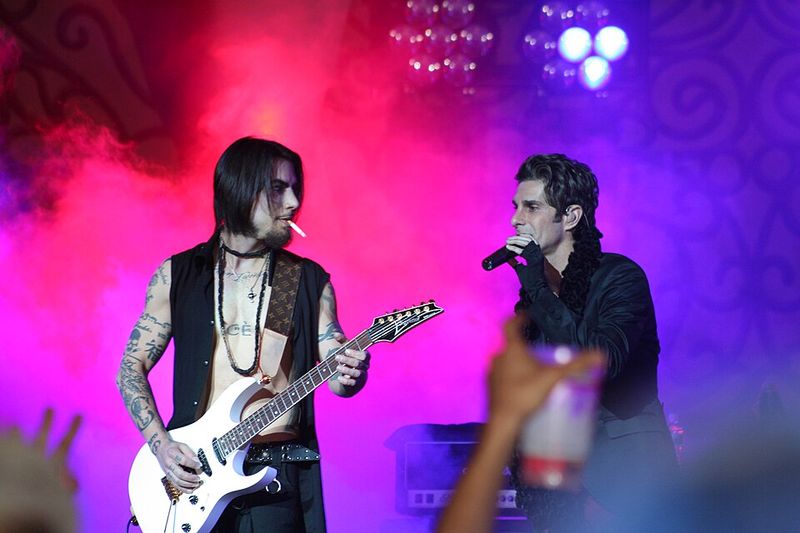
Perry Farrell and company delivered an alternative rock landmark that many stores refused to stock because of its provocative cover. Psychedelic influences blend with punk energy and metal heaviness into something completely original.
Songs shift between beauty and aggression without warning, keeping listeners constantly engaged.
While they influenced countless ’90s bands, the original album never achieved the commercial success its groundbreaking sound deserved, remaining underground despite its massive impact.
8. Lifes Rich Pageant by R.E.M.
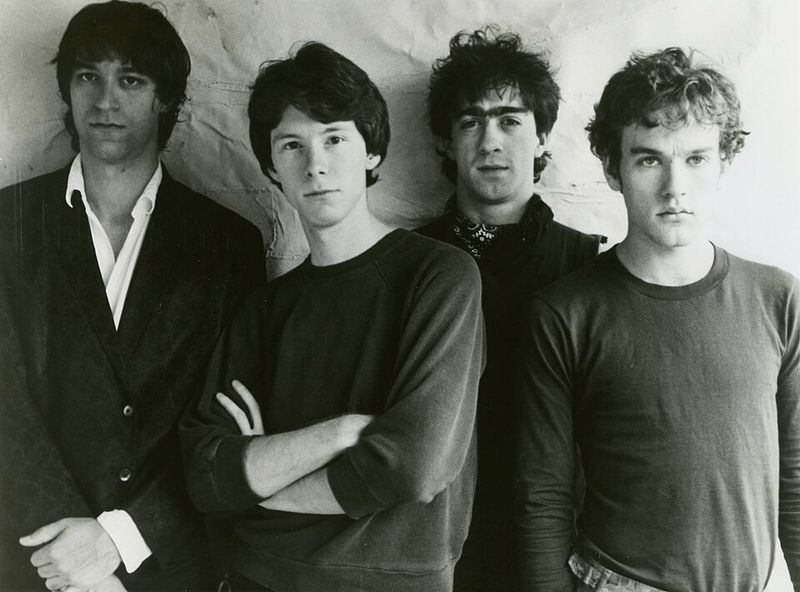
Between their college radio beginnings and mainstream breakthrough, R.E.M. made this muscular, confident record that often gets overlooked.
Producer Don Gehman brought clarity to their jangly sound without sacrificing any mystery.
Michael Stipe’s lyrics became slightly more decipherable, while the band rocked harder than ever before or since.
Songs about environmental concerns and social issues feel even more relevant today, proving great art transcends its original moment and continues speaking to new generations.
9. Black Sea by XTC
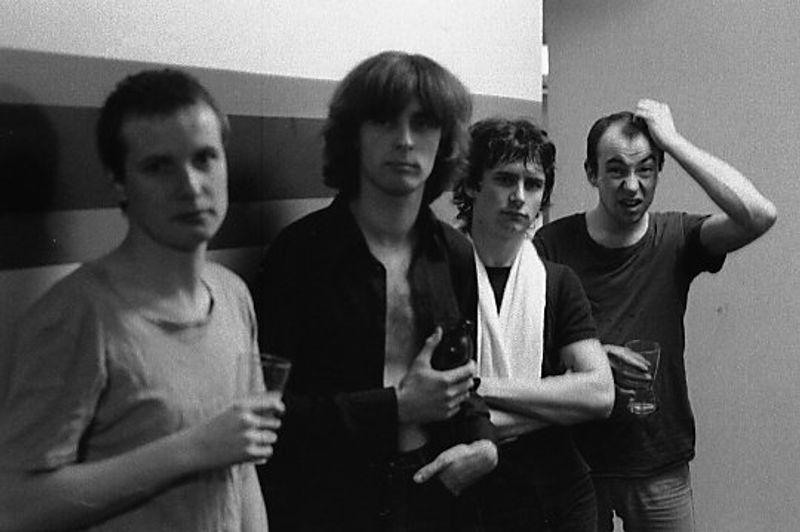
Andy Partridge and Colin Moulding wrote incredibly catchy songs that were too weird for mainstream radio but too polished for punk purists. Angular rhythms and clever wordplay make every track a rewarding puzzle.
The band’s refusal to tour meant fewer people discovered their brilliance firsthand.
Production sounds massive and urgent, with guitars that chime and chug in equal measure, creating a sonic landscape that rewards headphone listening and careful attention to detail.
10. Violent Femmes by Violent Femmes
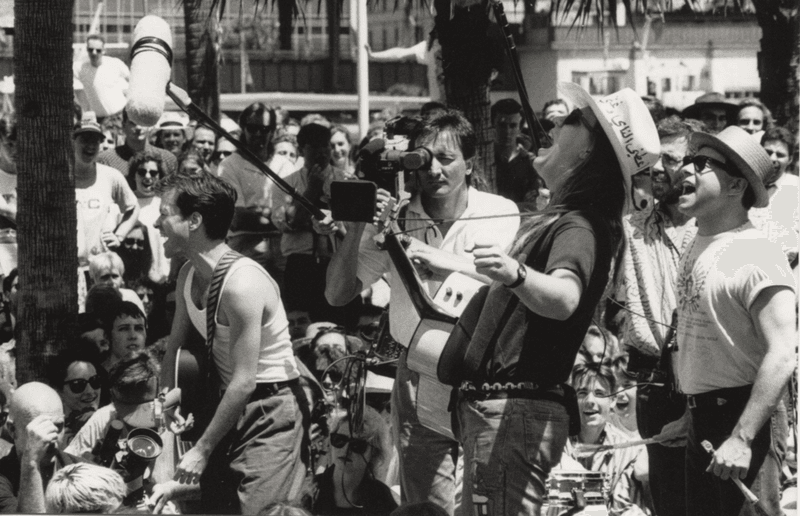
Acoustic instruments never sounded so urgent or rebellious before these Milwaukee teenagers picked them up. Gordon Gano’s nervous energy and sexually frustrated lyrics spoke to awkward teenagers everywhere.
Despite becoming a cult classic on college campuses, mainstream success eluded them completely during the ’80s.
The raw, stripped-down sound feels timeless because it relies on songwriting rather than production tricks, making it sound fresh and relevant to each new generation discovering it.
11. Journeys to Glory by Spandau Ballet
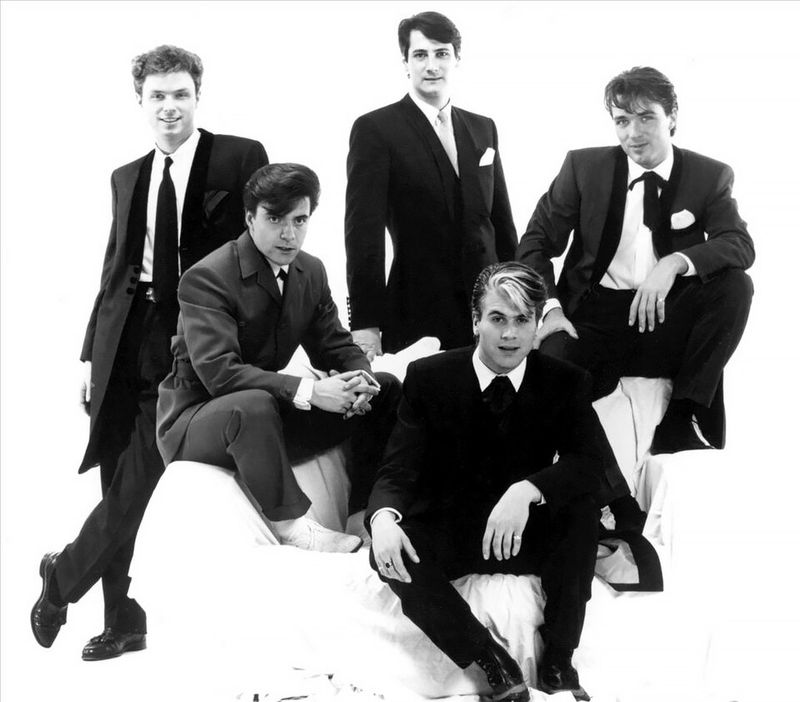
Before they went smooth and sophisticated, Spandau Ballet made this edgy New Romantic debut that most people never heard.
Dark, moody synthesizers and Tony Hadley’s dramatic vocals create an atmosphere of stylish desperation.
The band’s later pop hits overshadowed this more experimental early work unfairly.
It captures a specific moment in British music history when fashion and sound merged into something theatrical, proving they had artistic ambitions beyond just making radio-friendly hits.
12. The Hurting by Tears for Fears
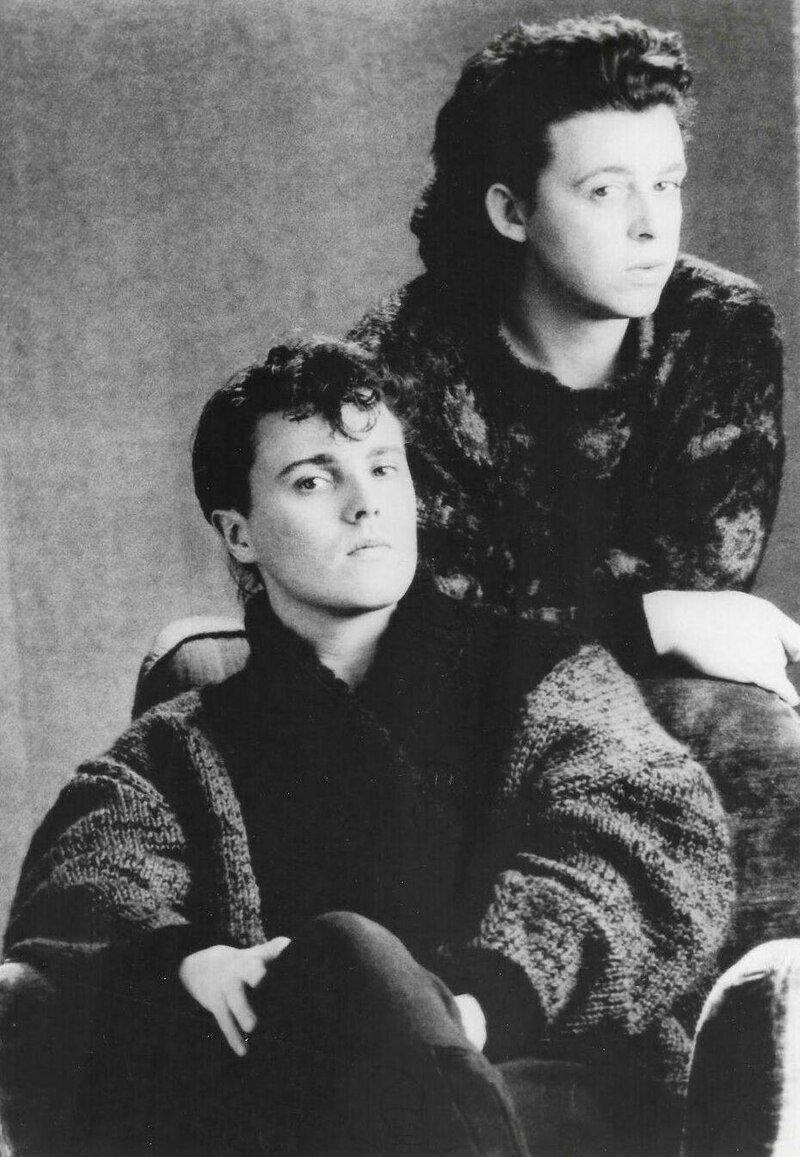
Roland Orzabal and Curt Smith channeled childhood trauma into synthesizer-driven songs that feel both personal and universal. Primal scream therapy influenced the lyrics, creating pop music with genuine psychological depth.
While “Mad World” eventually found recognition through a cover version, the original album remains underappreciated.
Every track explores pain and healing with intelligence and melody that commercial radio mostly ignored, preferring simpler, less emotionally complex material from other artists.
13. Sulk by The Associates
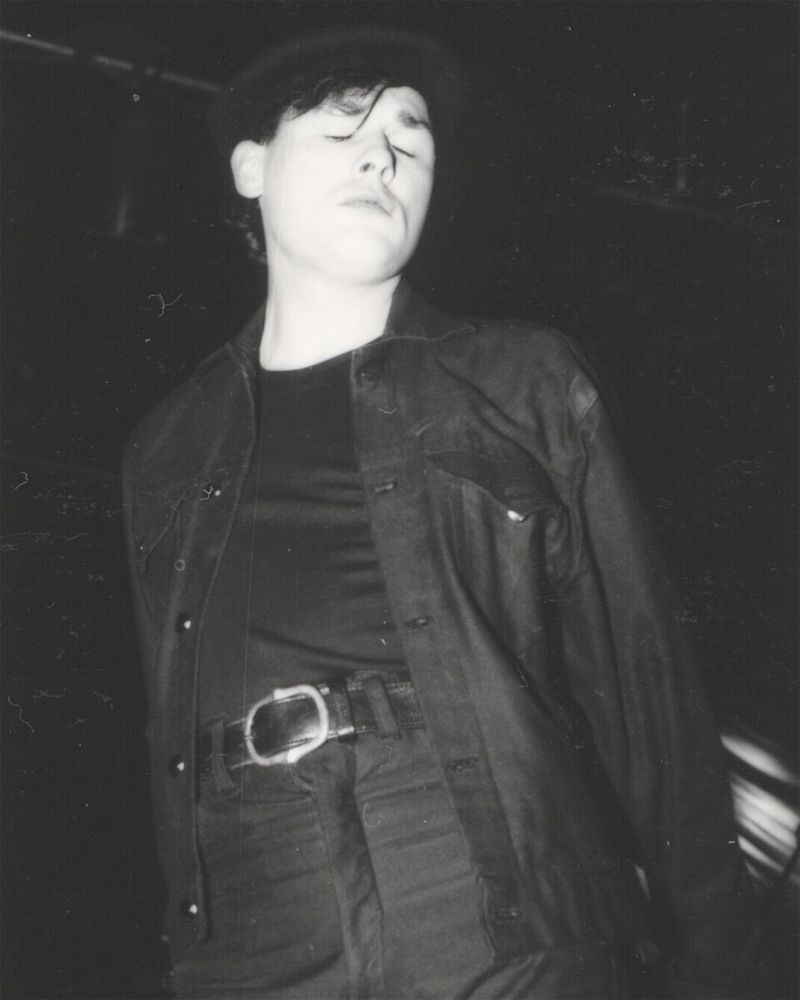
Billy Mackenzie’s operatic vocals soar over lush, orchestral arrangements that sound like pop music from another dimension.
Every song bursts with theatrical flair and musical ambition that most bands wouldn’t attempt.
Commercial expectations clashed with artistic vision, and the album suffered from poor promotion and internal band tensions.
Its influence on later artists like Suede and The Smiths proves its worth, even though sales figures never reflected the groundbreaking creativity contained within these stunning tracks.
14. Tim by The Replacements
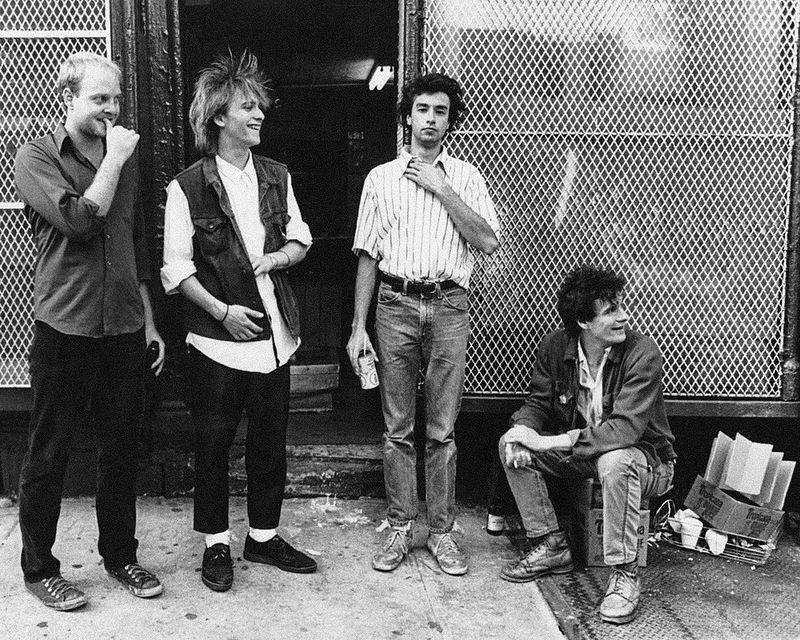
Paul Westerberg wrote songs that balanced punk energy with genuine emotion and melody in ways few could match. The band’s sloppy reputation masked their songwriting brilliance and musical versatility.
Major label debut status didn’t translate to radio play or commercial success unfortunately.
From tender ballads to raging rockers, every track reveals a band capable of anything, making their lack of mainstream recognition one of the decade’s greatest injustices and missed opportunities for wider audiences.
15. The Ocean Blue by The Ocean Blue
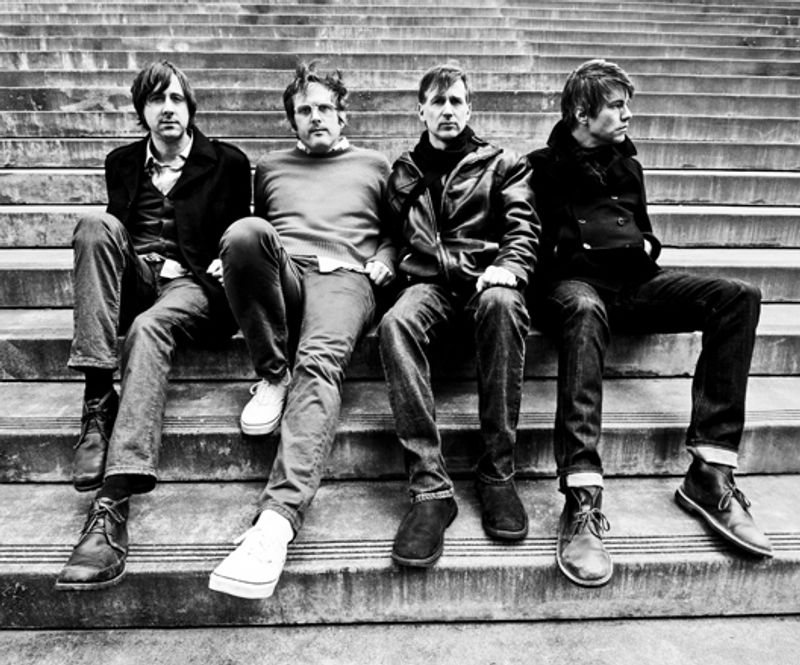
Jangly guitars and wistful melodies define this dreamy debut that arrived just as the ’80s ended. Their sound evoked sunny days and bittersweet memories, creating perfect summer soundtrack material.
Despite critical praise, they remained largely unknown outside college radio circles and underground music scenes.
The production glimmers with reverb and shimmer, capturing youthful longing in ways that feel timeless, proving that great pop music doesn’t need aggressive marketing or MTV rotation to resonate deeply.
16. The Queen Is Dead by The Smiths
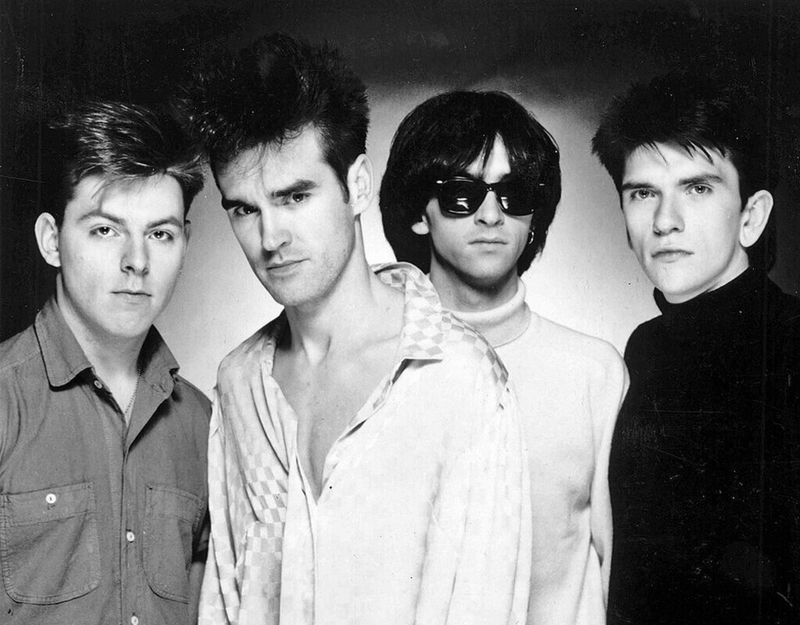
Wait, you’re thinking this album was huge, right? Actually, it never charted in America and barely made a dent commercially even in Britain.
Morrissey’s wit and Johnny Marr’s guitar genius combined into something extraordinary.
Critics worshipped it, but mainstream audiences stayed away from something so literate and unconventional.
Time has proven it one of the decade’s absolute best, yet its initial reception was disappointingly muted, demonstrating how great art often needs years to find its proper audience.



